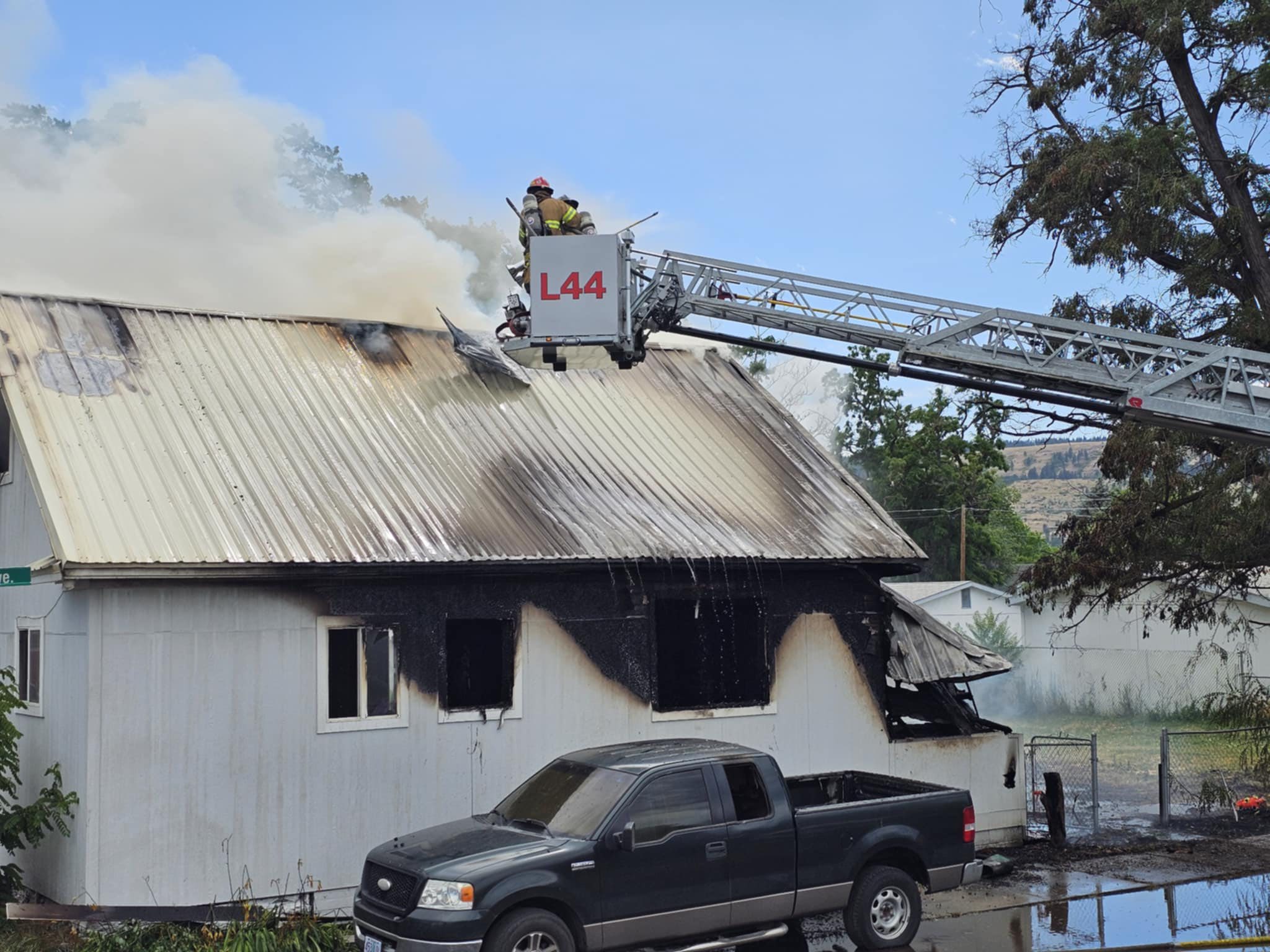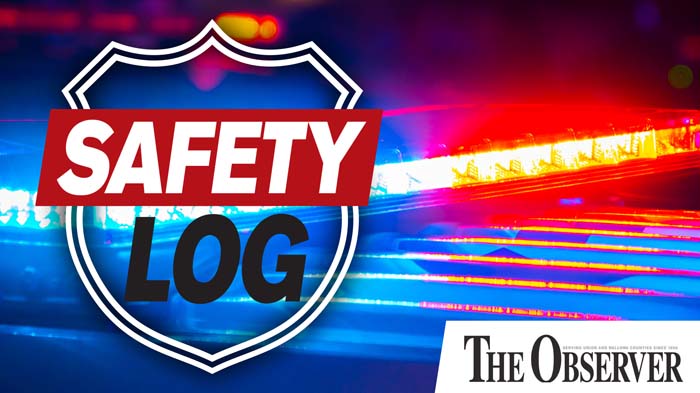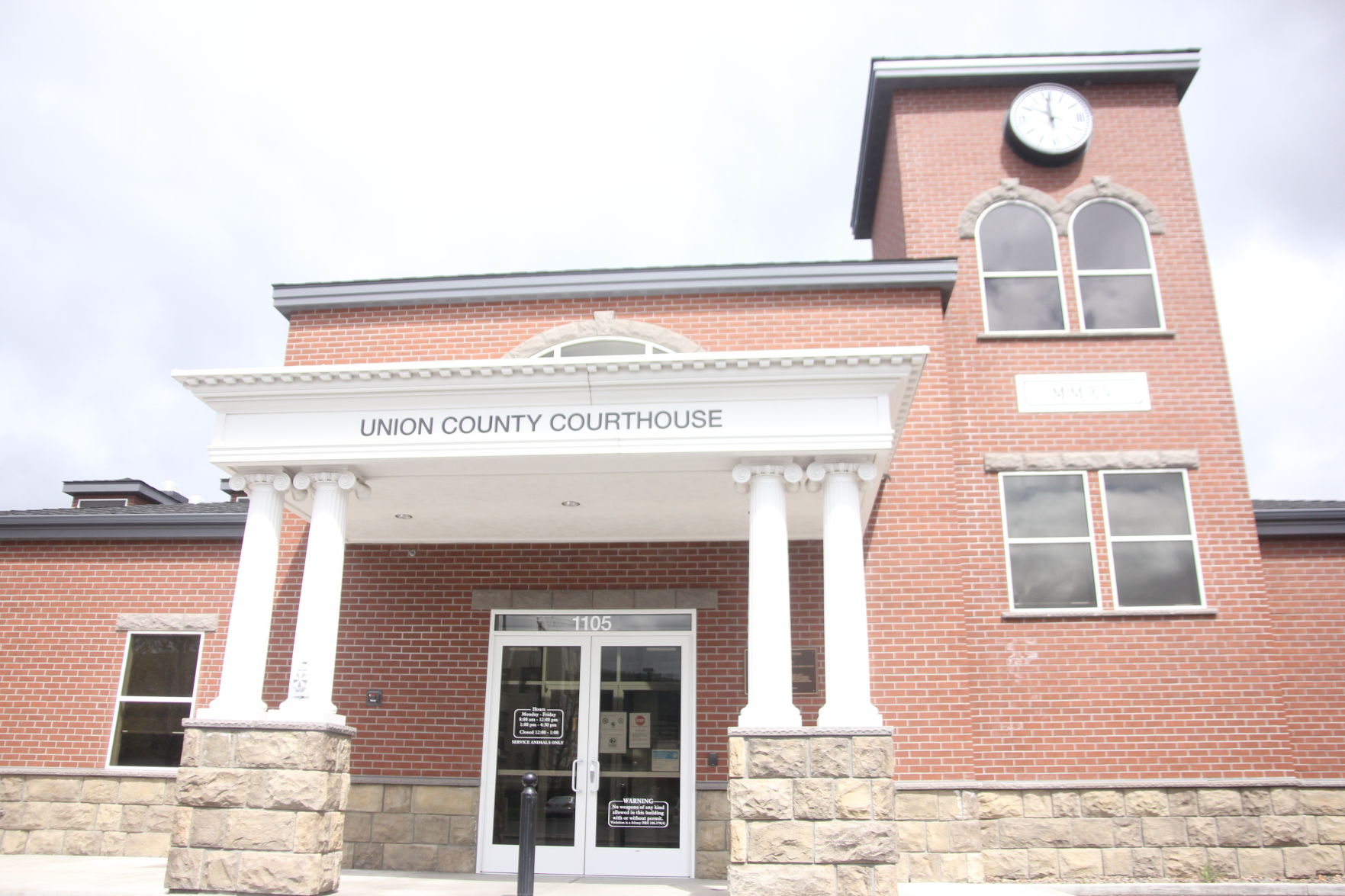Animal rescue group worried about proposed state fee increase
Published 7:00 pm Tuesday, February 27, 2024

- Best Friends of Baker Inc. uses this van to transport cats and dogs as well as donated pet food and cat litter.
BAKER CITY — Volunteers from Best Friends of Baker Inc., which finds homes for abandoned cats and dogs in Baker County, are concerned that a proposed increase in an annual state licensing fee will force them to cut back on their work.
“It’s going to affect us, no doubt,” Best Friends volunteer Norma Job said.
The potential for the fee to increase from the current $375 per year to an estimated $1,425 is especially troubling, Job said, because the number of abandoned animals in Baker County has increased over the past few years.
“When you’re a small operation that depends on donations, that’s money that could go to help animals,” Job said.
Group members plan to participate in an online public hearing about the proposed fee increase on Feb. 27 from 9 a.m. to 10 a.m.
Volunteers from other nonprofit animal rescue organizations in the region are also tracking the fee proposal.
The Oregon Department of Agriculture, which administers the fee for animal rescue groups, is also accepting written comments about the proposal through 5 p.m. on Feb. 29. Comments can be submitted by email at animalrescue@oda.oregon.gov.
Under the current system, created in 2019 after the Legislature passed Senate Bill 883, animal rescue groups, defined as any organization that cares for 10 or more animals at any time or that solicits or accepts donations of any kind, pays an annual licensing fee of $375.
The definition includes Best Friends and similar groups, even very small ones, as most such organizations rely almost exclusively on donations.
The Legislature passed Senate Bill 883 because under the previous system, which delegated the responsibility of inspecting and licensing animal rescue groups to counties or cities, many areas had no such oversight, according to the agriculture department.
The Legislature allocated money for the agency to hire one employee to administer the new licensing program for the 2019-21 biennium, including annual inspections of licensed animal rescue groups, said Andrea Cantu-Schomus, director of communications for the agriculture department.
But that was a one-time allocation, she said, and license fees were supposed to cover program costs in the future.
The proposal includes two types of fees.
The first, an “organizational fee,” is similar to the current fee. Organizations would pay $300 per year for each physical location they own or operate. Groups that don’t have a physical location but only do animal fosters — including Best Friends of Baker — would pay $225 per year.
The major proposed change is the addition of an annual “animal transfer fee” that’s based on the number of animals the rescue group helps per year.
The proposed fee schedule:
• 50 or fewer animals: $100
• 51 to 100 animals: $200
• 101 to 250 animals: $600
• 251 to 500 animals: $1,200
• 501 to 1,000 animals: $2,200
Best Friends, which Job said handles about 340 to 400 animals per year, would be in the $1,200 category. If the agriculture department approves the proposed fee structure, Best Friends’ annual license bill would increase from $375 to $1,425.
That’s money that won’t be available to help rescue animals and to spay and neuter cats, which could mean more unwanted kittens, said Farrell Riley-Hassmiller of Best Friends.
Job said Best Friends’ donations in 2023 totaled $127,200, and the organization spent $106,100, including $56,500 for veterinarian bills. In 2022, Best Friends brought in $87,900 and spent $84,900, including $37,000 for vet bills.
Job said that although she doesn’t object to the state licensing and inspection program because it helps to ensure that rescue groups are properly run, she thinks the proposed fee increases are “ridiculous.”
Cat Utopia, the Pendleton-based nonprofit that rescues cats and assists with spaying and neutering in Umatilla and Union counties, is among those.
Beverly Beach, a volunteer with Cat Utopia, said the organization helped 775 cats last year, which means its annual licensing fees under the proposed schedule would total $2,425, an increase of $1,050.
Beach said she believes relatively small nonprofits shouldn’t pay the same fee as larger humane societies such as those in Portland and Bend.
If the agriculture department approves the higher fees, Cat Utopia would have to reduce its services, either in spaying and neutering or other things such as veterinarian bills, which typically run about $1,000 or more per month.









